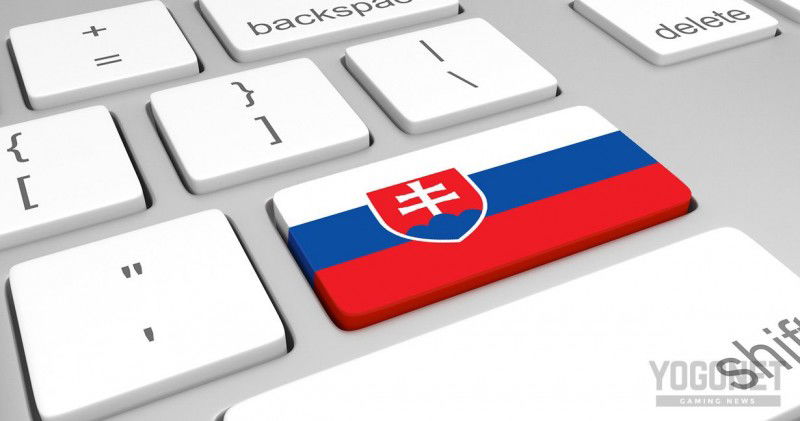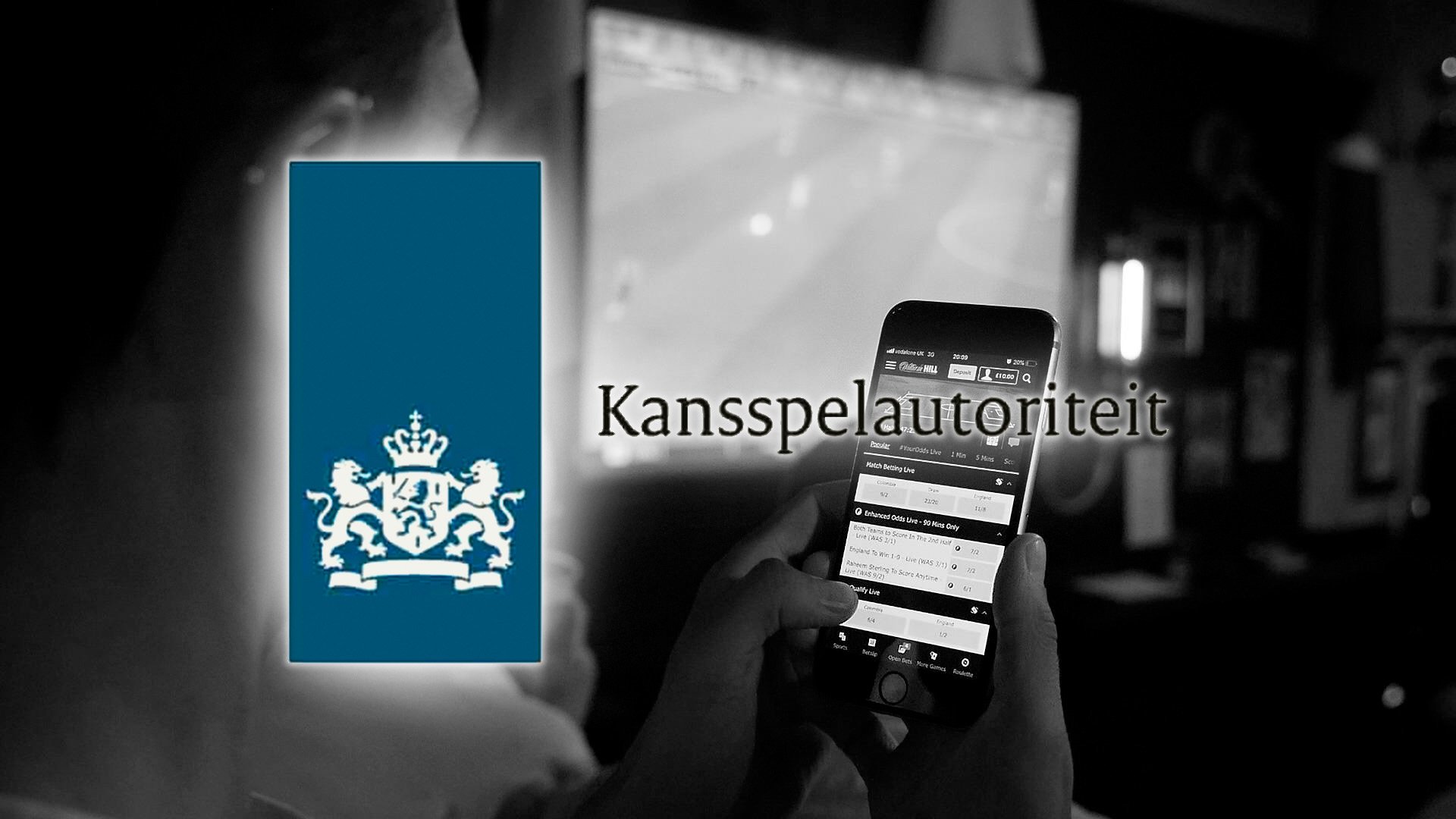Slovakia plans to authorize online gambling

Slovakia's new draft law is going to replace the existing gambling regulations in force since 2005, Media WDS. More than 200 gaming sites (including 888 and Bet365) have been so far blacklisted by the authorities, but as this new regulation will open the market of Slovakia to private companies, some of those might come back.
Current online gambling tax stands at 23% which is rather heavy, and this too is expected to loosen a bit.
The new regulation could be introduced next year, with March 1, 2019, being mentioned as the tentative date. The European Commission will conduct an investigation to see if the regulations are in line with EU directives and Slovakian officials are hoping to emulate the countries that have had success with online gambling in terms of income and revenue, such as Romania, Denmark and Czech Republic. The country’s Ministry of Finance says that companies with a base in Slovakia or any other EU country will be able to apply for the license.
The official statement reads:
"[The draft act] would take technological progress and the findings of regulatory authorities in other European countries into account more fully, while simultaneously improving the protection of players from possible harmful effects directly related to services provided in this sector. The Ministry explained that operators would need to provide the newly created regulatory authority with access to a server so that it can have oversight of data."
Along with the new regulations, a brand-new Regulatory Office for Gambling could be instated in order to centralize gambling sector activities such as licensing, supervision, sanctioning and administration of fees.
Peter Papanek of Association of Betting Companies of the Slovak Republic commented: "Experience from abroad shows that, if the state wants to intervene against tax evasion and illegal gambling, it must go through the liberalisation of the market and the setting of fair conditions, inter alia, to motivate operators to operate legally. Illegal companies thus lose the incentive to circumvent the rules, and the state, in addition to income, also gains the certainty of consumer protection. The countries that have been chosen liberalisation have rapidly reduced the share of the black market."















































